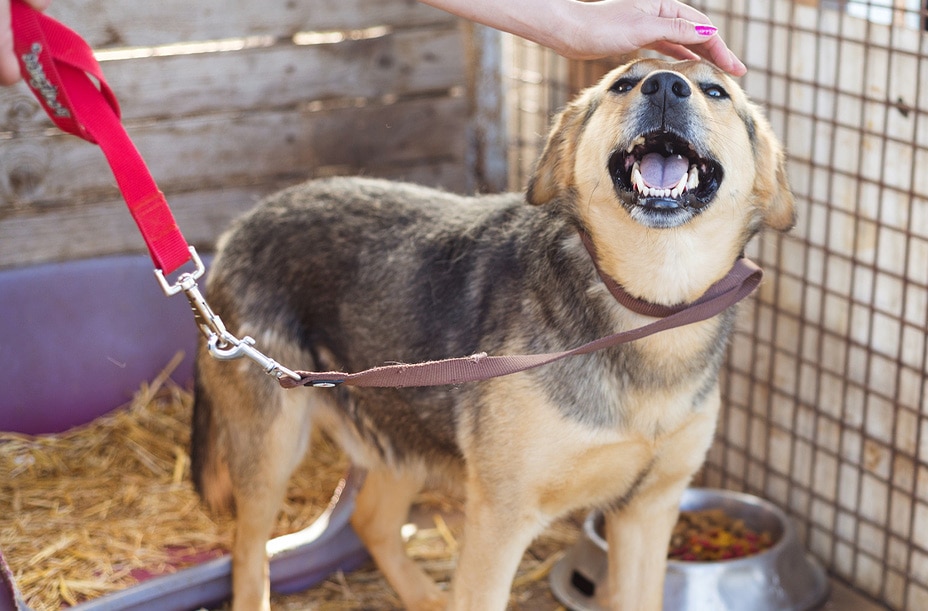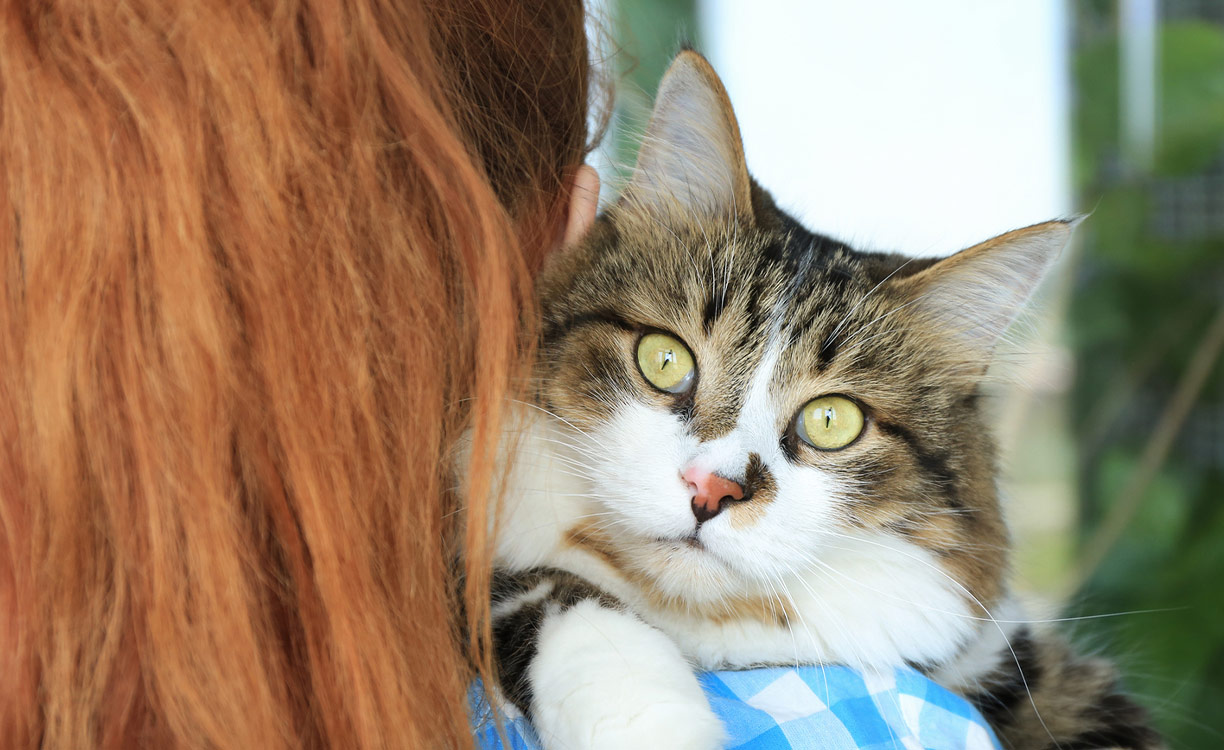

Visiting an animal shelter can be as intimidating as it is exciting. Seeing so many pets in need of a forever home can make you feel pressured to adopt a pet — or several — right away. But as much as you might wish you could take every cat and dog home with you, pet shelter adoption is an important process that deserves time and forethought.
Keep reading for tips on choosing a pet who will be a good match for your unique circumstances (and vice versa!).
Choosing a Pet Thoughtfully
It can be easy to fall for the cutest-looking dog or cat you see, but your first choice might not be the best choice. Pet parenthood is a major responsibility. You're agreeing to provide care for the rest of your furry friend's life, which involves time, money and a commitment to managing any emotional, behavioral or medical concerns that might arise.
Making an impulsive decision to adopt a pet can result in remorse if you're not equipped to take on the full range of responsibilities involved. In some cases, you may even feel that returning the pet to the shelter is your only option. You owe it to yourself and your prospective pet to consider your options carefully before bringing home your new best friend.

Pet Shelter Adoption Tips
While you may be eager for a cuddly companion, choosing the right pet takes time, research and careful planning. That said, it's also a good idea to stay flexible and open-minded while adopting a shelter pet. For example, if you have a specific breed in mind, you might meet a mixed breed or an entirely different breed that just clicks. Here are some general tips to help support you in finding the best match for yourself and your family.
Know What You're Looking for in a Pet
Choosing the right pet begins before you visit a shelter. Start by narrowing down your criteria. For example, do you need a dog who gets along well with children? Are you looking for a workout buddy to join you on long walks and hikes, or a cuddle buddy who's content with a more relaxed lifestyle? If you're adopting a cat, is it important that they're fairly social, or are you willing to adopt a cat who might take more time to come out of their shell? Consider how an animal's personality and lifestyle might fit with your personality, lifestyle and family dynamics.
Recognize Your Limitations
No matter how much compassion you may have for a pet who's spent a little longer at the shelter, it's important to ask why the shelter is having trouble getting the pet adopted. For example, pets with special needs often require costly or attentive care. If you have the resources and patience to give them the care they deserve, that's wonderful! But be honest with yourself. If you can't provide what they need, forcing a fit won't do either of you any favors.
Most shelters will do their best to communicate any additional needs a pet may have to determine whether you're a good match. Shelters are in the business of adoption, but their priority is to ensure pets find a loving forever home.
Plan for Multiple Shelter Visits
Think of your first visit to a shelter as a scouting mission. This can help ease any pressure you might feel to adopt a pet right then and there. If you don't feel strongly drawn toward any particular pet, that's OK. It's better to wait until you find a cat or dog who really speaks to you.
Making multiple visits to the shelter also allows you to get to know any animals you're considering to determine whether they'll be a good fit. Ask shelter workers and volunteers plenty of questions to find out as much as you can about the pet's past, including their medical history and home life.
Understand Your Options
If you're worried that a dog or cat you're considering might get adopted by another family while you're solidifying your decision, talk to the shelter about placing a hold. Shelters understand that adopting a pet shouldn't be taken lightly or feel rushed, so some may offer this option to allow prospective families the space they need to feel confident in their choice.
Shelters often permit other prospective families to visit with the pet during the hold period (typically 24 to 48 hours) and even put their name on a list in case you decide not to adopt. However, you'll be given priority to adopt during the hold period.

Consider Children and Existing Pets
If you have small children in the home or are planning to have children in the near future, ask the shelter employees how your prospective pet does with kids. In most cases, they'll be able to give you the inside scoop. Of course, you can also bring your children to the shelter to get a sense of how they interact. Remember that building trust takes two, so talk to your children about how to handle cats and dogs. If you don't have kids of your own yet, consider asking a family member or friend who has children if they'd be willing to accompany you. Just make sure to share your pet shelter adoption wisdom in case they want to bring home their own furry friend!
The same goes for existing pets. Ask the shelter employees about your potential new pet's history with dogs and cats. If you already have a dog at home, most shelters will allow you to bring your pup in to see how the two interact. Adopting a second dog will be an adjustment no matter what, but it's important to do your due diligence.
Preparing for a Lifetime of Love
Adopting a shelter pet is a rewarding endeavor, but rushing to bring a pet home too quickly can place undue stress on you and your new furry friend. By releasing yourself from the expectation of finding a pet quickly, you'll lay the groundwork for a successful adoption that will allow you to truly become a hero to a pet in need.




















